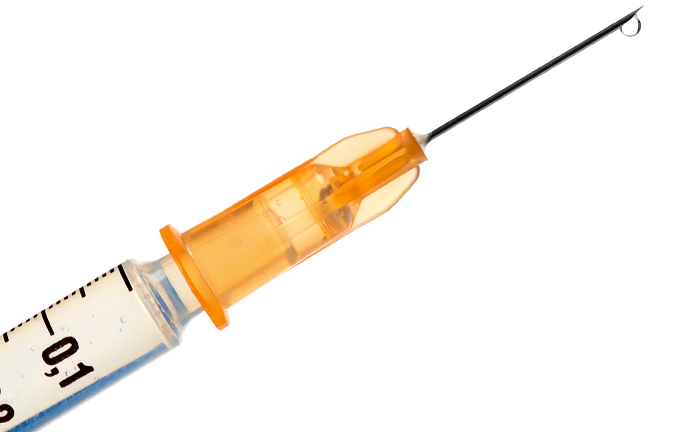Page updated 22 October 2024
Measles

Page updated 22 October 2024

The Ministry of Health is strongly recommending all people travelling overseas to any destination are fully immunised against measles with two doses of MMR vaccine before they go. Current MMR Immunisation rates in New Zealand mean that a non-immune person infected with measles overseas may spread the disease to others within New Zealand on their return. We need at least 95% of people to be immunised to stop an outbreak. This also protects babies who are too young to be vaccinated, and severely immunocompromised people.
If you are unsure whether you are protected against measles, check with your health practitioner. If there is not enough time before you travel to complete the recommended two doses, having even one MMR vaccination before you leave New Zealand will substantially reduce your (or your child’s) risk of getting infected. It takes two weeks to develop immunity after vaccination, so, ideally get vaccinated two weeks before travel.
More information about how to check your immunity and what to do if you are not immune here.
See our advice on measles here.
Find more information about protecting your health when you’re travelling on our health page and read our travel advice about your destination.
Also, read keeping healthy when travelling on the Health New Zealand website.